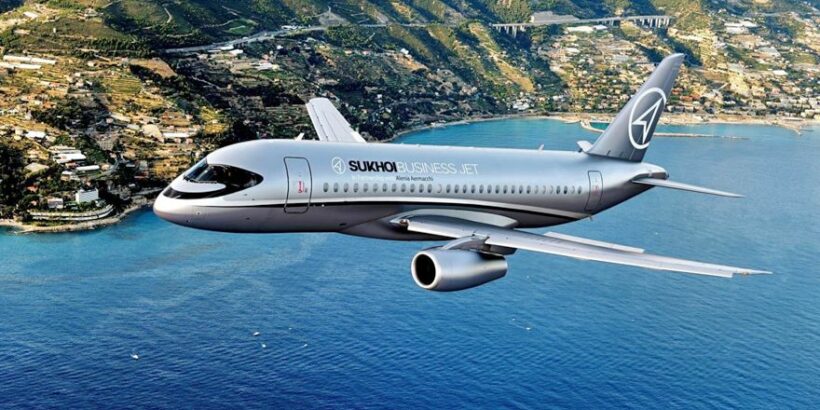A joint report on the environmental impact and development trends of business aviation, prepared by the US Institute for Policy Studies and the Patriotic Millionaires organization, showed that the market for business jets is rapidly growing and the number of private aviation flights has reached 5.4 million, of which the USA accounts for 4.6 million business jets.
The size of the market for private jets grew from $32.3 billion in 2021 to $34.1 billion in 2022, and the market will only expand, the researchers say.
According to them, Elon Musk would pay an additional $3.94 million in taxes if he paid an additional tax on jet fuel. “He is one of the most active high-profile individuals in the United States. Musk made 171 flights in 2022, consumed about 830,000 liters of jet fuel and caused 2,112 tons of carbon emissions,” the document said.
Therefore, lawmakers in several countries are preparing to introduce new taxes on the sale of private jets, short flights and related emissions, as the industry is growing at an unprecedented rate, the researchers propose to adopt the appropriate fiscal laws in the U.S.. Taxes on private jet travel should affect only a fraction of the wealthy, and the proceeds could be used to ensure a more sustainable planet.
The report stresses that private jets emit at least 10 times more pollutants than commercial jets per passenger. About 1 percent of people are thought to be responsible for about half of all aviation carbon dioxide emissions. In addition, since the pandemic began, the use of business jets has increased by about one-fifth, and their emissions have increased by more than 23 percent. Private jets make about one out of every six flights in the U.S., but contribute only 2 percent of taxes.
Europe intends to meet more than half of its climate goals over the next seven years. The European Commission plans to impose a jet fuel tax on all aircraft within the EU. The Fit for 55 plan will almost double the cost of fuel, and the plan is now being discussed by EU member states.
The United States already levies a federal excise tax on fuel for general aviation, but an additional fee on fuel consumption for private planes would help raise money that would go to a sustainable development fund, as well as reduce flights and encourage travelers to consider alternative modes of transportation.
For comments on possible changes in tax legislation in the U.S. and the European Union, we turned to Alexei Butrimov, an expert in business aviation and general director of BJet aviation company. He is sure that the impact of private jets on the ecological background is less than that of civil aviation, and the introduction of taxes will not bring the desired results.
“In fact, business jets cause the same damage as regular passenger planes, but if you compare the number of passenger planes and business jets, the latter are much smaller, so in fact they make fewer emissions too. Private jets are often made from conventional jets used on scheduled flights, such as Embraer, Boeing, and Challenger. They have the same design and the same engines,” the expert says.
According to statistics from Patriotic Millionaires researchers, the number of private aviation flights has reached 5.4 million, which is a record even in comparison with the pre-crisis year of 2007. This trend can continue and lead to even greater growth, the report notes. However, Alexei Butrimov believes that there are no prerequisites for maintaining the trend.
“Business jets are quite expensive. Not everyone can afford it. A private flight is much more expensive than regular passenger transportation, even business or first class. That is why we should not expect a big increase in business jet flights,” explained the general director of BJet.
Taxes are proposed to be introduced for short haul flights as well. Alexei Butrimov notes that despite the restrictions, owners will continue to fly. “Those who have previously used business jets, they will continue to use them. If a person likes to drive a Maybach, for example, he will continue driving it and won’t switch to any other brand. The situation will rather depend on the financial solvency of the person who is flying. If he is able to pay for a private jet, he will pay, with or without taxes,” sums up Alexei Butrimov.


